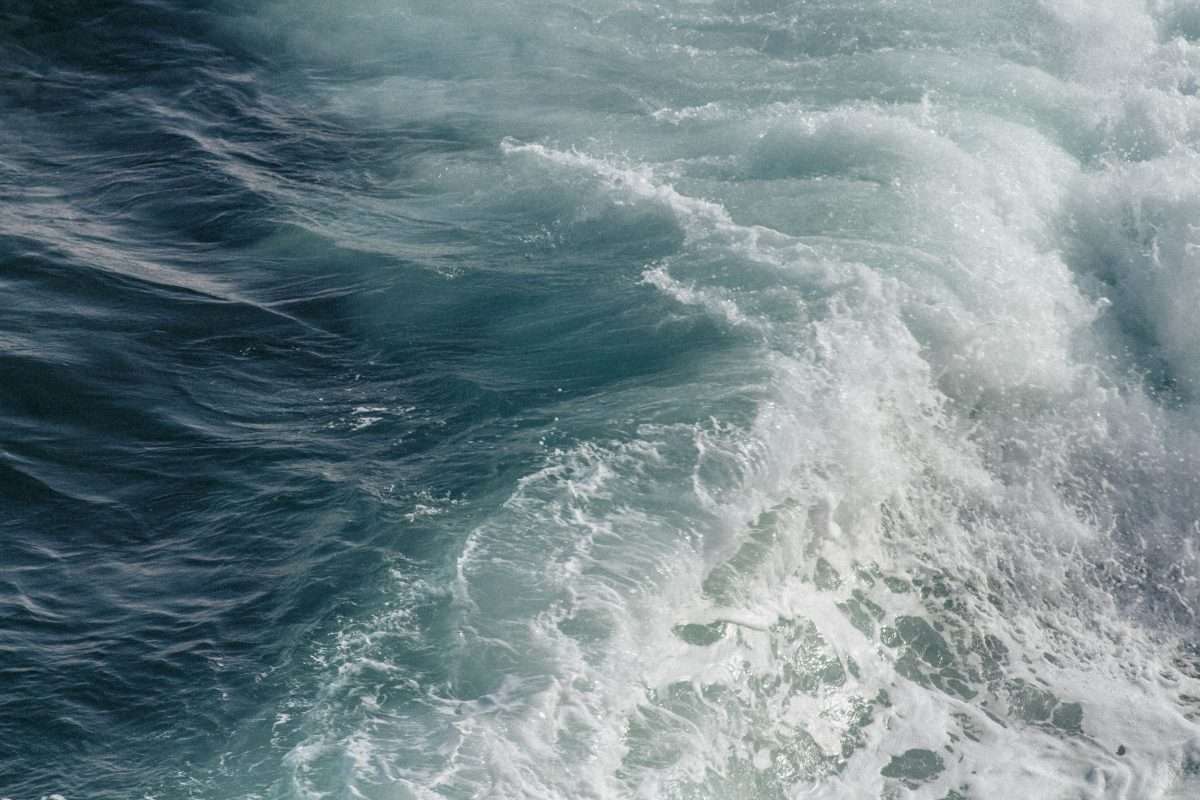On June 11, Japan expanded its whale hunt to include 59 fin whales. Yet, Japan did not communicate and consult with the International Whaling Commission (IWC) and any of the other range States of the fin whale or assessed the potential impacts of hunting a shared resource. As a result, Japan has breached its duty to cooperate and its duty to prepare a transboundary environmental impact assessment (EIA). Japan has already lost a case before the International Court of Justice, which found its whaling of minke whales in the Antarctic to violate the International Convention for the Regulation of Whaling (ICRW). Whaling in the Antarctic (Australia v. Japan, New Zealand intervening) (ICJ Reports 2014, p. 226). In addition, in 2018 the Standing Committee of the Convention on International Trade in Endangered Species of Wild Fauna and Flora (CITES) concluded that Japan’s movement of sei whale meat from the high seas into Japan violated CITES rules prohibiting trade for primarily commercial purposes of specimens of Appendix I species like…
Wildlife
Does it Make Sense to Promote the Application of International Criminal Law to Animals? If Yes, Why and How?
My instinctive reaction to this question is: “No, that does not make sense! International criminal law (ICL) is mainly about the protection of human dignity in specific contexts of crisis that usually threaten peace and security. The contribution of this branch of international law to the safeguarding of non-human interests should, at best, be minimal and incidental.”…
The Elephant in the (Court)Room: Interdependence of Human and Animal Rights in the Anthropocene
On 21 May 2020, the Islamabad High Court issued a remarkable judgment in the case of Kaavan the elephant (among other “inmates” [8] of the Marghazar Zoo), affirming “without any hesitation” that “animals have legal rights” [59]. Chief Justice Athar Minallah held that the “pain and suffering of Kaavan must come to an end”, and ordered his…
Subsequent Practice in the Whaling Case, and What the ICJ Implies about Treaty Interpretation in International Organizations
Today the ICJ delivered its long-anticipated judgment in the Whaling Case (Australia v. Japan: New Zealand Intervening), finding Japan’s whaling program in breach of the Whaling Convention on several counts. It is a rich judgment, which will be more fully digested over the next few days. In this post I want to draw attention to…
ICJ Decides the Whaling in the Antarctic Case: Australia Wins
This morning the ICJ delivered its judgment in the case concerning Whaling in the Antarctic (Australia v. Japan: New Zealand intervening). Australia won on almost all counts, and by 12 votes to 4. The Court’s principal reasoning is that while Japan’s whaling programme involved ‘scientific research,’ a concept that the Court did not want to define with particular precision,…
